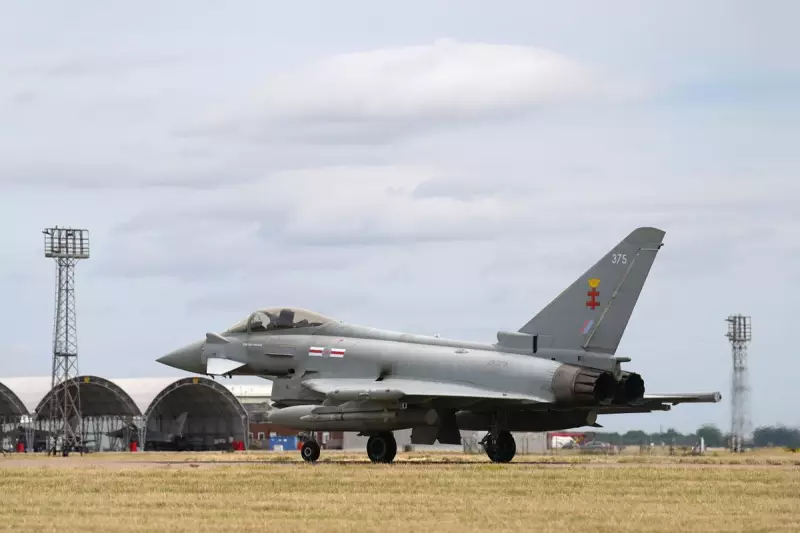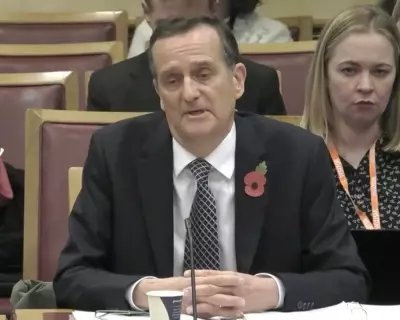
Labour leader Sir Keir Starmer is at the centre of a major diplomatic storm after publicly proposing that Britain should offer RAF Typhoon jets to Poland, a move swiftly condemned by the Foreign Office as a significant breach of protocol.
The controversy erupted during a visit to The Hague, where Sir Keir suggested that the UK could 'sweeten the deal' for Poland by offering the advanced fighter aircraft. This proposal was intended to encourage Poland to provide its own Soviet-era MiG-29 jets to Ukraine, bolstering the country's defences against the Russian invasion.
Foreign Office Condemns 'Serious Error'
Whitehall sources were quick to express alarm at the Labour leader's comments, describing them as a 'serious error' that risked undermining the carefully calibrated unity of the NATO alliance. Such bold proposals on military asset transfers, officials stressed, are typically reserved for private diplomatic channels and require extensive consultation with allies.
The Foreign Office emphasised that any decision of this magnitude must be made collectively within the NATO framework, not unilaterally announced by a political leader. This public declaration, they argued, could be perceived as attempting to bypass established alliance decision-making processes.
Background of the Jet Transfer Debate
The debate over transferring fighter jets to Ukraine has been a delicate subject within NATO since the early days of the conflict. While Poland has expressed willingness to transfer its MiG-29s, it has consistently insisted this must be done as part of a coordinated alliance effort with full NATO backing.
The United States and other members have approached the matter with extreme caution, concerned about potential escalation and the technical challenges of maintaining Soviet-era aircraft. Sir Keir's proposal to include British RAF Typhoons in the arrangement adds a new layer of complexity to these already sensitive discussions.
Political Fallout and Reactions
The incident has provided ammunition for Conservative critics who question Sir Keir's readiness for international statesmanship. Defence Secretary Ben Wallace previously warned that opposition leaders should exercise extreme caution when discussing military matters that could affect operational security or international relations.
This diplomatic misstep comes at a critical time for the Labour leader, who has been working to establish his foreign policy credentials and demonstrate his fitness for high office. The episode highlights the challenges opposition figures face when navigating complex international security matters without access to full government briefings and intelligence.
As the situation develops, all eyes will be on how Sir Keir and his team manage the fallout from this incident and whether it affects Labour's positioning on defence and security matters moving forward.





